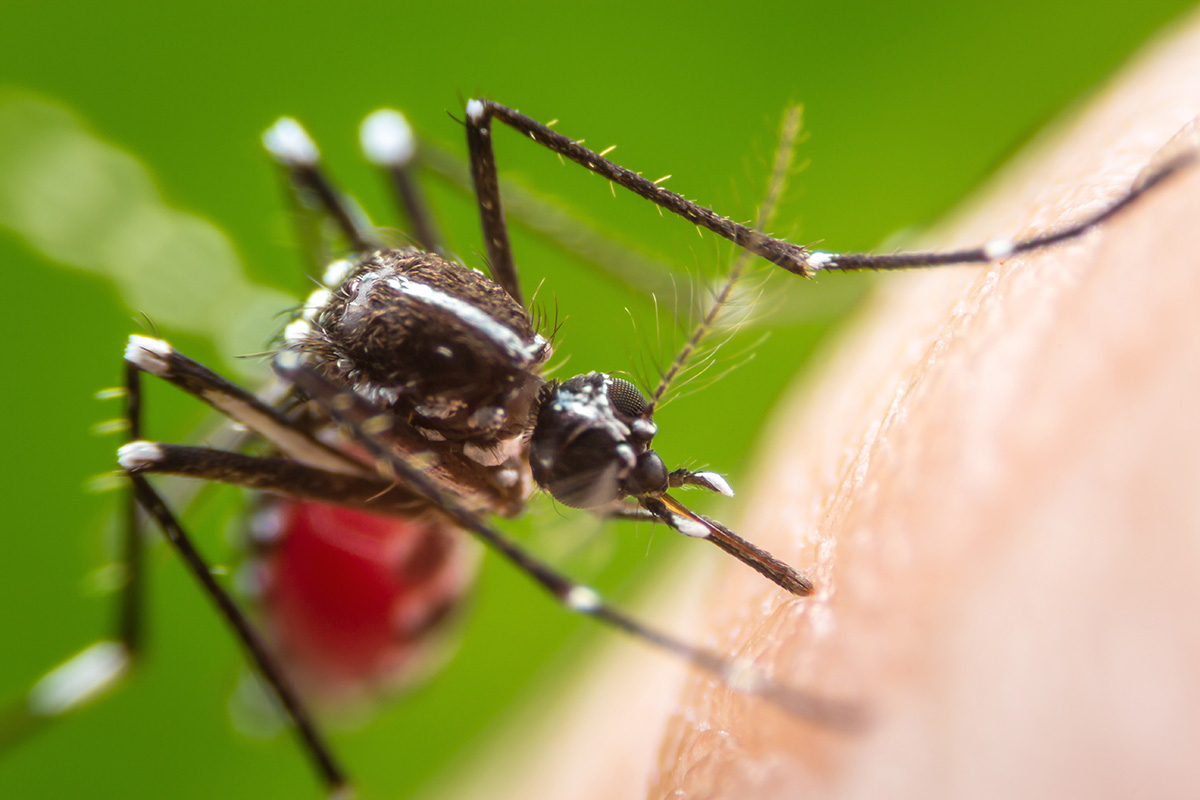The primary mission of our research is to investigate the distribution of invasive mosquito species (present and potentially emerging) in Hungary, to understand the environmental factors influencing this distribution, to explore the ecological consequences of the invasion process and to predict further spread. Three invasive species of mosquitos appeared in Hungary in the last decade: the tiger mosquito (Aedes albopictus), the Japanese bush mosquito (Aedes japonicus) and the Korean mosquito (Aedes koreicus). These species differ greatly in where and when their populations become established in significant numbers, so one of the main aims of this research is to identify the biotic and abiotic factors that influence these occurrence patterns and the areas in which we might expect to detect them. The other main objective of our research is to investigate the role of invasive species as vectors, as mosquitos can also spread various pathogens through blood sucking. Invasive species are capable of spreading several viruses of human and animal health concern, so it is of high importance to distinguish which infection chains can formed from this potential virus spreading capacity in Hungarian habitats. In addition to understanding the ecological background of the invasion, our research results will provide essential baseline data for epidemiological analyses and will greatly assist in the development of practical control strategies (mosquito eradication).

Participating researchers
Partners
- National Public Health Centre - West Nile Virus Research
- Hungarian Natural History Museum - Wolbachia bacteria research



